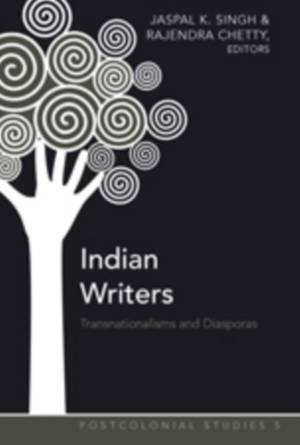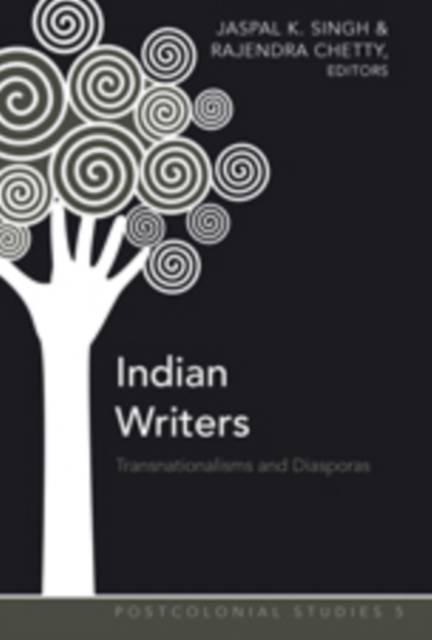
- Retrait gratuit dans votre magasin Club
- 7.000.000 titres dans notre catalogue
- Payer en toute sécurité
- Toujours un magasin près de chez vous
- Retrait gratuit dans votre magasin Club
- 7.000.0000 titres dans notre catalogue
- Payer en toute sécurité
- Toujours un magasin près de chez vous
Indian Writers; Transnationalisms and Diasporas
Transnationalisms and Diasporas
209,95 €
+ 419 points
Description
Indian Writers attempt to locate diasporic voices in the interstitial spaces of countless ideologies. The anthology provides a critical examination of dislocated diasporic subjects - those who have adjusted to the dislocation well, those who have chosen the hybrid spaces for empowerment, those who are dragged forcefully to various territories, and yet those who gleefully inhabit trans-local spaces. A wide range of voices raise these critical questions: How do we read these voices? How are the voices received in various locations? Are these voices considered Indian? Do they represent Indianness, or some hybridized version of it? What is an authentic cultural identity? What, ultimately, is Indianness, or for that matter, any hard-won national or ethnic identity?
Additionally, as more female writers are being read, both in the global south and in the north, the reception of these texts, particularly in an era of globalization, and in the aftermath of the 9/11 attack in the United States, raises questions on how the other, the subaltern, is represented and read.
Some writers use an assimilationist approach to the cultures of the West to such a degree that they find Indian culture monolithically oppressive, while others continue to romanticize Indianness, yet others eroticize and ethnicize the east for western consumption. The authors of the essays in this anthology examine contemporary debates in postcolonial and transnational literary criticism in an attempt to understand the often complex and hybrid narratives of the diasporic Indian subject.
Additionally, as more female writers are being read, both in the global south and in the north, the reception of these texts, particularly in an era of globalization, and in the aftermath of the 9/11 attack in the United States, raises questions on how the other, the subaltern, is represented and read.
Some writers use an assimilationist approach to the cultures of the West to such a degree that they find Indian culture monolithically oppressive, while others continue to romanticize Indianness, yet others eroticize and ethnicize the east for western consumption. The authors of the essays in this anthology examine contemporary debates in postcolonial and transnational literary criticism in an attempt to understand the often complex and hybrid narratives of the diasporic Indian subject.
Spécifications
Parties prenantes
- Editeur:
Contenu
- Nombre de pages :
- 188
- Langue:
- Anglais
- Collection :
- Tome:
- n° 5
Caractéristiques
- EAN:
- 9781433106316
- Date de parution :
- 28-12-09
- Format:
- Livre relié
- Format numérique:
- Ongenaaid / garenloos gebonden
- Dimensions :
- 152 mm x 229 mm
- Poids :
- 435 g

Les avis
Nous publions uniquement les avis qui respectent les conditions requises. Consultez nos conditions pour les avis.





